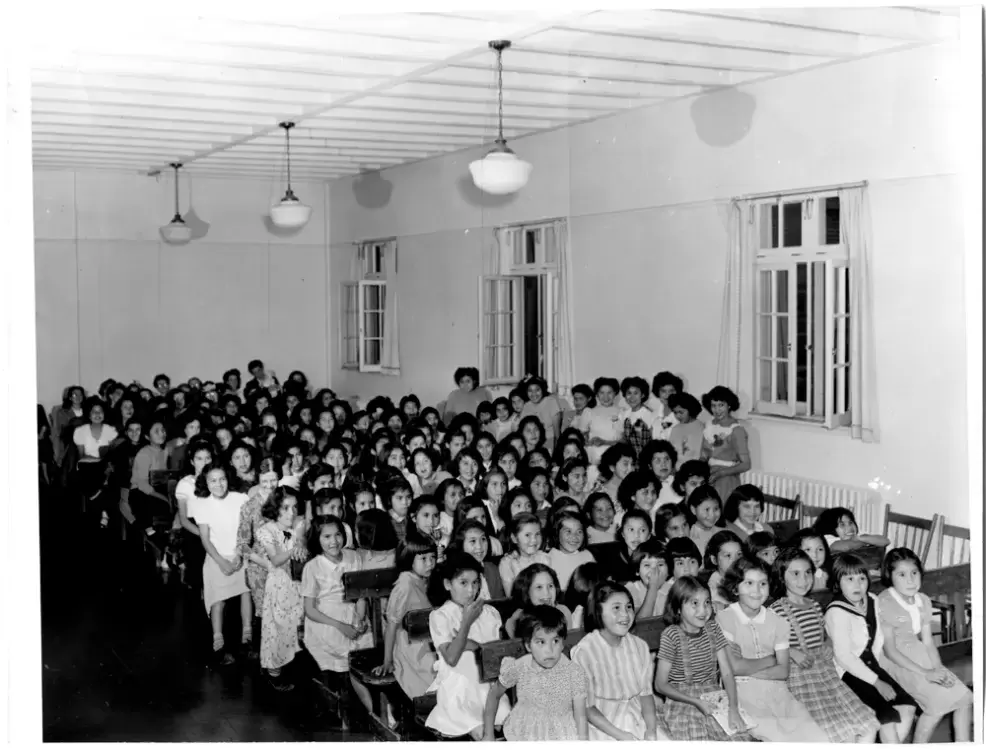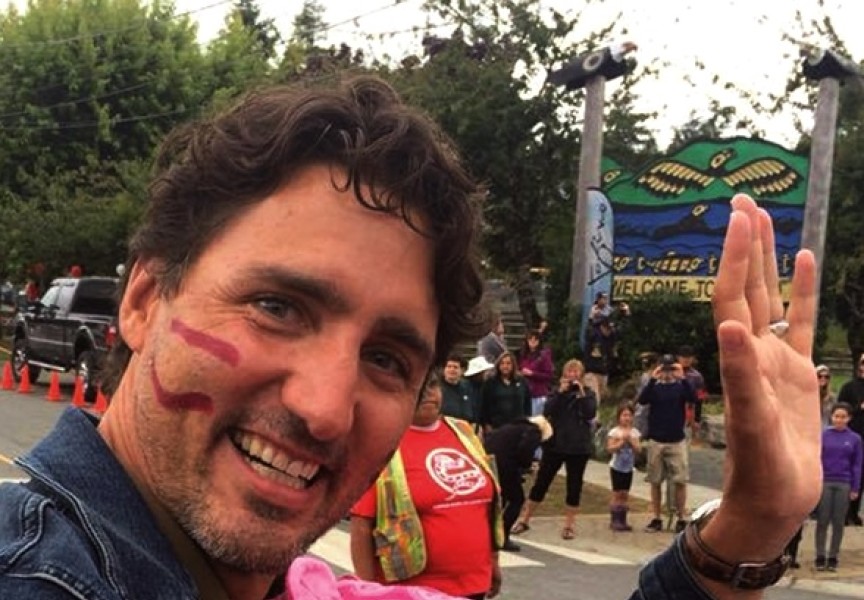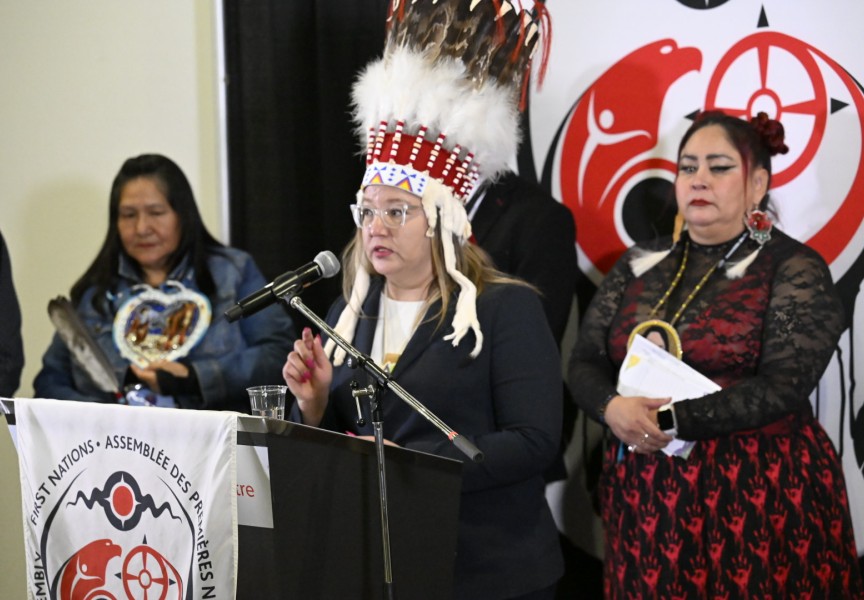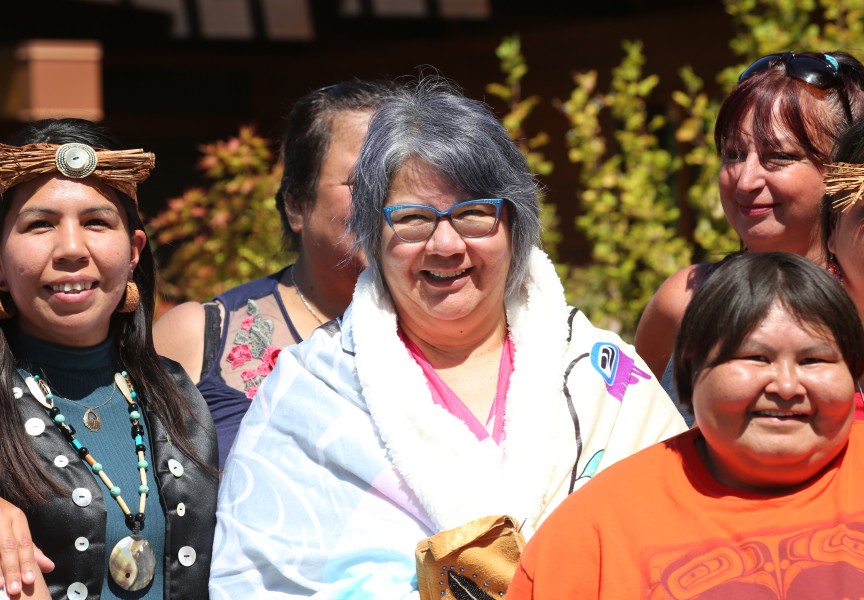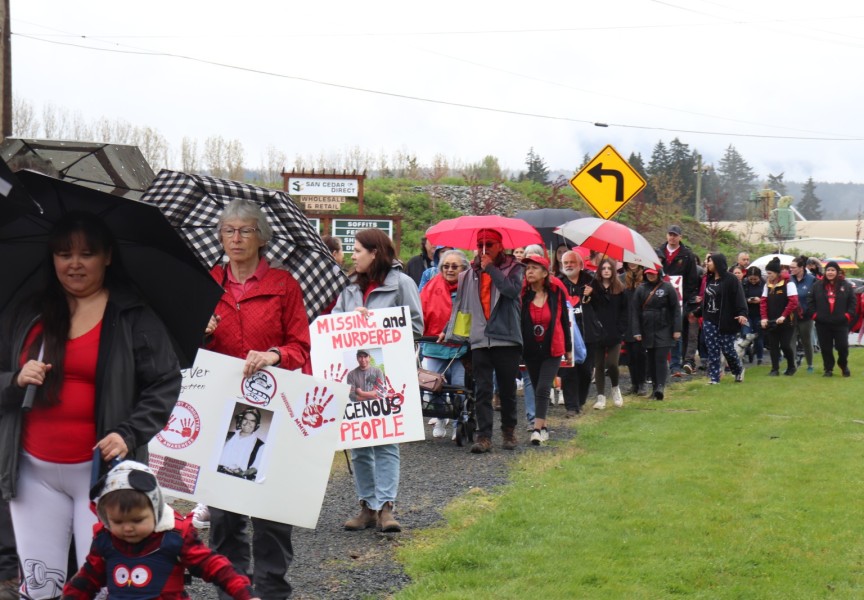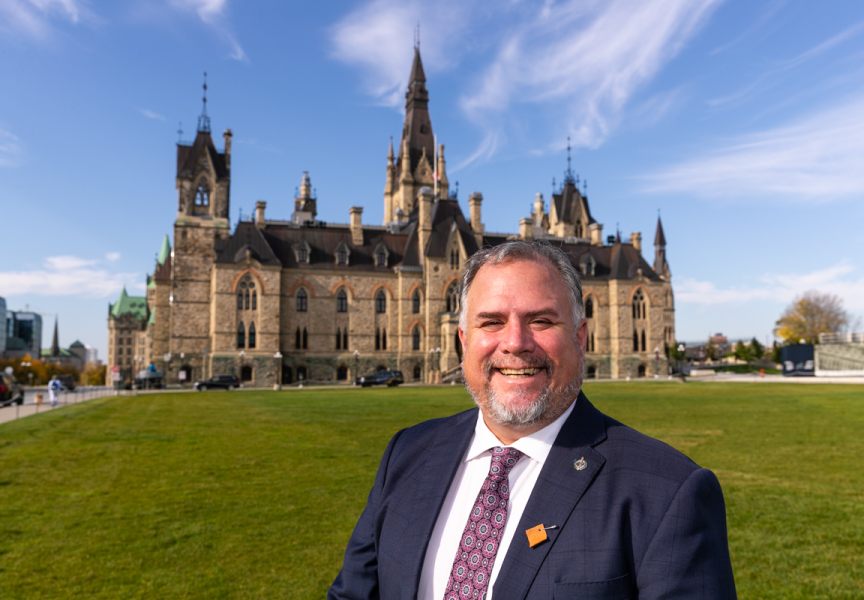The Canadian government announced its intention to declare a statutory holiday that would serve to commemorate the legacy of Indian Residential Schools and its lingering effects on the generations of First Nations people that followed.
The proposed holiday is one of the TRC’s (Truth and Reconciliation Commission’s) 94 recommendations designed to promote healing among survivors and their families and to help with reconciliation between First Nations and the rest of Canada.
TRC recommendation number 80 calls upon the federal government, in collaboration with Aboriginal peoples, to establish, as a statutory holiday, a National Day for Truth and Reconciliation to honour Survivors, their families, and communities, and ensure that public commemoration of the history and legacy of residential schools remains a vital component of the reconciliation process.
Thanks to the efforts of residential school survivors and the work of the TRC, it is becoming common knowledge that Canada’s Indian Residential School system had severe impacts on the students that went there, on the families they were removed from and from following generations.
Canadians are learning the sordid history of the forced removal aboriginal children from their homes so that they could be placed in residential schools as a means to assimilate them into mainstream society. The work was done by missionaries, Indian Agents and the police under the authority of the Canadian government.
But the system failed both for the First Nations families and for government. It is now common knowledge that the children, separated from siblings and left without protection were sexually abused, beaten, exploited and sometimes murdered.
Ditidaht elder Charlie Thompson was at Alberni Indian Residential School for a decade, during the 1950s and 60s. He says he is in favor of the holiday in a way but he thinks, of the 94 TRC recommendations, the holiday is one of the least important ones.
“I feel they should deal with the most difficult ones to the least…the holiday being least important,” said Thompson. While he couldn’t decide which recommendation was the most important he stated that there a lot of the recommendations that should be dealt with, “in a way that makes us feel relevant,” he added.
Thompson takes issue with the fact that not all residential school survivors have been fully compensated and some have been denied settlements through the adjudication process.
“I know there are survivors not being believed by the adjudicators in telling their stories and being denied compensation and them not being able to have another chance to go up in front of another adjudicator – I think that’s unfair,” Thompson told Ha-Shilth-Sa.
Thompson concedes that there may be some survivors that have lied or embellished their stories of abuse but the vast majority, he says, are telling the truth, and it’s just not fair. In many cases, he said, important records being held by the government and churches that are not being released to survivors to support their cases. “If the process was fair they would have had to give up those records,” said Thompson.
He went on to say that he believes it is hypocritical of Prime Minister Trudeau attempt to shine a positive light on their efforts to reconcile with Canada’s First Nations people through the proclamation of a new statutory holiday when his government is having an ongoing legal battle with residential school survivors across the country.
It is an historical fact that Canada forced Indigenous children into these institutions, separating parents from children. “It was not right to take children away and put them in institutions where the sole purpose was to assimilate and change Indian children into somewhat like white people – just for that one fact survivors should have been compensated for having gone through that,” said Thompson.
As for what the holiday could look like, Thompson said he would like for it to be an opportunity to hear the truth about what Canada did to indigenous people.
“I can’t imagine what the first families…what those parents went through when they came to take the children away, forcibly; by church people, Indian Agents and by the police,” said Thompson.
He also talked about the inhumane treatment of the children in residential schools. Thompson said some of the children were experimented on like human Guinea pigs, with medication, dental procedures and even starvation. He said nothing has been done about it and the people that endured it are quite elderly now. “We need to fight for justice,” he said.
Wally and Donna Samuel also attended Alberni Indian Residential School. Both believe the statutory holiday is a step in the right direction.
“I think it’s a good idea,” said Donna. She noted that we have Remembrance Day for those who served our country and those who lost their lives. “We not only lost lives, we lost our culture, language, identity, family, childhood, innocence, spirit, soul; we are survivors and have been working hard on what was taken from us,” she said.
Donna also recalled the food experiments conducted on the children while she as there, where food was withheld. She mentioned the legacy of dysfunction that followed survivors home. “We have hurt those closest to us with our parenting skills and there’s no way to turn back time and change it,” she said.
The Samuels believe that a good time for the holiday would be later in June, when the children are finished the school year. That time of year was the happiest for those in residential schools.

